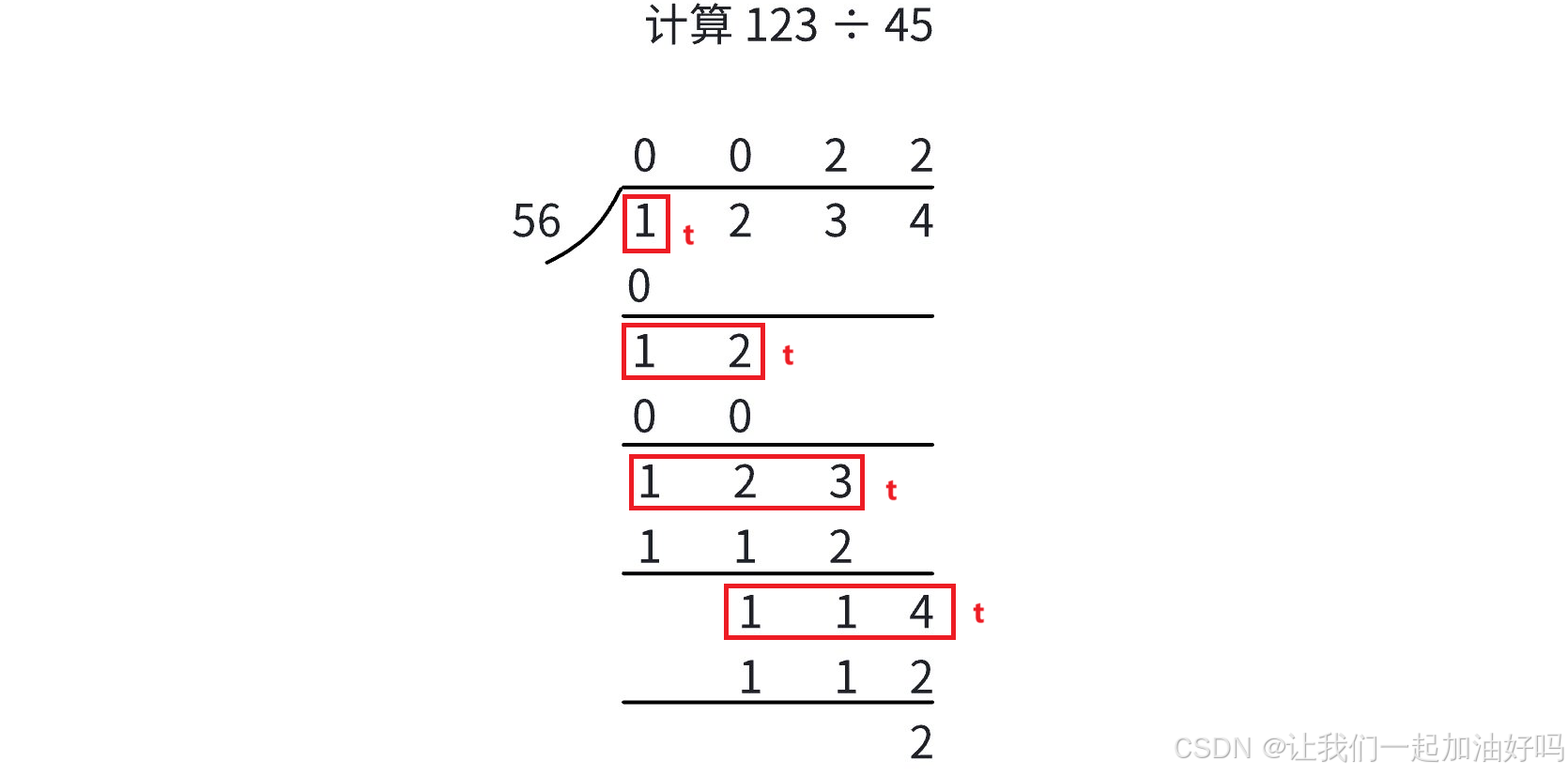1.先贴代码
using UnityEngine;
using System.Collections.Generic;
using System.Collections;
using UnityEngine.SceneManagement;
public class AudioManager : MonoSingleton<AudioManager>
{
[Header("Audio Settings")]
[SerializeField] private int initialPoolSize = 5; // 初始音效对象池大小
[SerializeField] private float defaultVolume = 1f; // 默认全局音量
[SerializeField] private int maxMusicChannels = 3; // 最大音乐通道数
private Dictionary<string, AudioClip> audioClips = new Dictionary<string, AudioClip>(); // 普通音频资源字典
private Dictionary<string, AudioClip> globalAudioClips = new Dictionary<string, AudioClip>(); // 全局音频资源字典
private List<AudioSource> sfxSourcePool = new List<AudioSource>(); // 音效对象池
private Dictionary<string, AudioSource> musicChannels = new Dictionary<string, AudioSource>(); // 音乐通道字典
private void Awake()
{
Initialize();
if (Instance != this)
{
Destroy(gameObject);
}
DontDestroyOnLoad(gameObject);
}
/// <summary>
/// 初始化音频管理器
/// </summary>
private void Initialize()
{
LoadAudioResources(""); // 加载普通音频资源
LoadGlobalAudioResources(""); // 加载全局音频资源
InitializeSFXPool(); // 初始化音效对象池
CreateMusicChannel("Main"); // 创建默认音乐通道
}
/// <summary>
/// 加载音频资源
/// </summary>
/// <param name="subPath">子目录路径</param>
/// <param name="isGlobal">是否为全局资源</param>
private void LoadAudioResources(string subPath = "", bool isGlobal = false)
{
string path = "AudioClips/" + subPath;
if (isGlobal) path = "GlobalAudioClips/" + subPath;
AudioClip[] clips = Resources.LoadAll<AudioClip>(path);
var targetDict = isGlobal ? globalAudioClips : audioClips;
foreach (AudioClip clip in clips)
{
string clipName = clip.name;
if (!targetDict.ContainsKey(clipName))
{
targetDict.Add(clipName, clip);
}
else
{
Debug.LogWarning($"发现重复的音频文件名: {clipName} ({(isGlobal ? "全局" : "普通")})");
}
}
}
/// <summary>
/// 加载全局音频资源
/// </summary>
private void LoadGlobalAudioResources(string subPath = "")
{
LoadAudioResources(subPath, true);
}
/// <summary>
/// 初始化音效对象池
/// </summary>
private void InitializeSFXPool()
{
for (int i = 0; i < initialPoolSize; i++)
{
CreateNewSFXSource();
}
}
#region 音效系统
/// <summary>
/// 创建新的音效源
/// </summary>
private AudioSource CreateNewSFXSource()
{
AudioSource newSource = gameObject.AddComponent<AudioSource>();
newSource.playOnAwake = false;
newSource.volume = defaultVolume;
sfxSourcePool.Add(newSource);
return newSource;
}
/// <summary>
/// 获取可用音效源
/// </summary>
private AudioSource GetAvailableSFXSource()
{
foreach (AudioSource source in sfxSourcePool)
{
if (!source.isPlaying) return source;
}
return CreateNewSFXSource();
}
/// <summary>
/// 播放音效
/// </summary>
/// <param name="clipName">音频名称</param>
/// <param name="volumeScale">音量缩放</param>
/// <param name="isGlobal">是否为全局音频</param>
public void PlaySFX(string clipName, float volumeScale = 1f, bool isGlobal = false)
{
var targetDict = isGlobal ? globalAudioClips : audioClips;
if (targetDict.TryGetValue(clipName, out AudioClip clip))
{
AudioSource source = GetAvailableSFXSource();
source.clip = clip;
source.volume = defaultVolume * volumeScale;
source.Play();
}
else
{
Debug.LogError($"{(isGlobal ? "全局" : "")}音效文件未找到: {clipName}");
}
}
/// <summary>
/// 播放全局音效(便捷方法)
/// </summary>
public void PlayGlobalSFX(string clipName, float volumeScale = 1f)
{
PlaySFX(clipName, volumeScale, true);
}
/// <summary>
/// 停止指定音效
/// </summary>
public void StopSFX(string clipName)
{
foreach (AudioSource source in sfxSourcePool)
{
if (source.isPlaying && source.clip != null && source.clip.name == clipName)
{
source.Stop();
}
}
}
/// <summary>
/// 停止所有音效
/// </summary>
public void StopAllSFX()
{
foreach (AudioSource source in sfxSourcePool)
{
source.Stop();
}
}
#endregion
#region 音乐系统
/// <summary>
/// 创建音乐通道
/// </summary>
private bool CreateMusicChannel(string channelName)
{
if (musicChannels.ContainsKey(channelName))
{
Debug.LogWarning($"音乐通道已存在: {channelName}");
return true;
}
if (musicChannels.Count >= maxMusicChannels)
{
Debug.LogError($"已达到最大音乐通道数:{maxMusicChannels}");
return false;
}
AudioSource newSource = gameObject.AddComponent<AudioSource>();
newSource.loop = true;
newSource.volume = defaultVolume;
musicChannels.Add(channelName, newSource);
return true;
}
/// <summary>
/// 播放音乐(自动创建通道)
/// </summary>
public void PlayMusic(string channelName, string clipName, float volumeScale = 1f, bool isGlobal = false)
{
// 确保通道存在
if (!musicChannels.ContainsKey(channelName) && !CreateMusicChannel(channelName))
{
return; // 通道创建失败
}
var targetDict = isGlobal ? globalAudioClips : audioClips;
AudioSource source = musicChannels[channelName];
if (targetDict.TryGetValue(clipName, out AudioClip clip))
{
source.clip = clip;
source.volume = defaultVolume * volumeScale;
source.Play();
}
else
{
Debug.LogError($"{(isGlobal ? "全局" : "")}音乐文件未找到:{clipName}");
}
}
/// <summary>
/// 播放全局音乐(便捷方法)
/// </summary>
public void PlayGlobalMusic(string channelName, string clipName, float volumeScale = 1f)
{
PlayMusic(channelName, clipName, volumeScale, true);
}
/// <summary>
/// 停止指定通道的音乐
/// </summary>
public void StopMusic(string channelName)
{
if (musicChannels.TryGetValue(channelName, out AudioSource source))
{
source.Stop();
}
}
/// <summary>
/// 暂停指定通道的音乐
/// </summary>
public void PauseMusic(string channelName)
{
if (musicChannels.TryGetValue(channelName, out AudioSource source))
{
source.Pause();
}
}
/// <summary>
/// 恢复指定通道的音乐
/// </summary>
public void ResumeMusic(string channelName)
{
if (musicChannels.TryGetValue(channelName, out AudioSource source))
{
source.UnPause();
}
}
/// <summary>
/// 设置通道音量
/// </summary>
public void SetChannelVolume(string channelName, float volume)
{
if (musicChannels.TryGetValue(channelName, out AudioSource source))
{
source.volume = Mathf.Clamp01(volume);
}
}
/// <summary>
/// 获取通道音量
/// </summary>
public float GetChannelVolume(string channelName)
{
if (musicChannels.TryGetValue(channelName, out AudioSource source))
{
return source.volume;
}
return 0f;
}
#endregion
#region 全局控制
/// <summary>
/// 设置主音量
/// </summary>
public void SetMasterVolume(float volume)
{
defaultVolume = Mathf.Clamp01(volume);
// 更新所有音效源
foreach (AudioSource source in sfxSourcePool)
{
source.volume = defaultVolume;
}
// 更新所有音乐通道
foreach (var channel in musicChannels.Values)
{
channel.volume = defaultVolume;
}
}
/// <summary>
/// 停止所有音频
/// </summary>
public void StopAllAudio(bool immediate = true)
{
if (immediate)
{
StopAllSFX();
foreach (var channel in musicChannels.Values)
{
channel.Stop();
}
}
else
{
StartCoroutine(DelayedStopAll());
}
}
private IEnumerator DelayedStopAll()
{
yield return null;
StopAllSFX();
foreach (var channel in musicChannels.Values)
{
channel.Stop();
}
}
/// <summary>
/// 获取所有音乐通道名称
/// </summary>
public List<string> GetMusicChannels()
{
return new List<string>(musicChannels.Keys);
}
/// <summary>
/// 淡入淡出主音量
/// </summary>
public IEnumerator FadeMasterVolume(float targetVolume, float duration, System.Action onComplete = null)
{
float startVolume = defaultVolume;
float timer = 0f;
while (timer < duration)
{
defaultVolume = Mathf.Lerp(startVolume, targetVolume, timer / duration);
SetMasterVolume(defaultVolume);
timer += Time.deltaTime;
yield return null;
}
defaultVolume = targetVolume;
SetMasterVolume(defaultVolume);
onComplete?.Invoke();
}
#endregion
#region 扩展方法
/// <summary>
/// 淡入淡出指定通道的音量
/// </summary>
public IEnumerator FadeChannel(string channelName, float targetVolume, float duration)
{
if (!musicChannels.TryGetValue(channelName, out AudioSource source))
yield break;
float startVolume = source.volume;
float timer = 0f;
while (timer < duration)
{
source.volume = Mathf.Lerp(startVolume, targetVolume, timer / duration);
timer += Time.deltaTime;
yield return null;
}
source.volume = targetVolume;
}
#endregion
}2.具体用法
提前说明一下,音频文件是放在Resources/AudioClips/ 目录下,可以将一开始的
LoadAudioResources函数公开就能传入深层路径。
1. 基本功能使用
// 播放普通音效
AudioManager.Instance.PlaySFX("ButtonClick");
// 播放全局音效
AudioManager.Instance.PlayGlobalSFX("Notification");
// 播放背景音乐(自动创建Main通道)
AudioManager.Instance.PlayMusic("Main", "BackgroundMusic");
// 播放战斗音乐(自动创建Battle通道)
AudioManager.Instance.PlayMusic("Battle", "BattleTheme", 0.8f);
// 暂停和恢复音乐
AudioManager.Instance.PauseMusic("Main");
AudioManager.Instance.ResumeMusic("Main");
// 停止所有音频
AudioManager.Instance.StopAllAudio();2. 音量控制
2.1代码在调用时控制当次音效音量大小
// 设置主音量(影响所有音效和音乐)
AudioManager.Instance.SetMasterVolume(0.7f);
// 设置特定音乐通道音量
AudioManager.Instance.SetChannelVolume("Main", 0.5f);
// 淡入淡出主音量
StartCoroutine(AudioManager.Instance.FadeMasterVolume(0f, 2f, () => {
Debug.Log("音量淡出完成");
}));
// 淡入淡出特定通道音量
StartCoroutine(AudioManager.Instance.FadeChannel("Battle", 0f, 1.5f));2.2使用Slider控制音量
2.2.1主音量控制
public Slider masterVolumeSlider;
private void Start()
{
masterVolumeSlider.value = AudioManager.Instance.GetMasterVolume();
masterVolumeSlider.onValueChanged.AddListener(SetMasterVolume);
}
private void SetMasterVolume(float volume)
{
AudioManager.Instance.SetMasterVolume(volume);
}2.2.2音乐通道音量控制
public Slider musicVolumeSlider;
private void Start()
{
musicVolumeSlider.value = AudioManager.Instance.GetChannelVolume("Main");
musicVolumeSlider.onValueChanged.AddListener(SetMusicVolume);
}
private void SetMusicVolume(float volume)
{
AudioManager.Instance.SetChannelVolume("Main", volume);
}没啥好多的了,直接用就行了。
下面随便写点吧
-
普通音频资源放在
Resources/AudioClips/目录下 -
全局音频资源放在
Resources/GlobalAudioClips/目录下
-
主音量控制所有声音
-
通道音量相对于主音量
-
最终音量 = 主音量 × 通道音量 × 播放音量缩放
-
由于使用
DontDestroyOnLoad,AudioManager 会在场景切换时保留 -
使用
StopAllAudio()在场景切换时清理不需要的声音


















